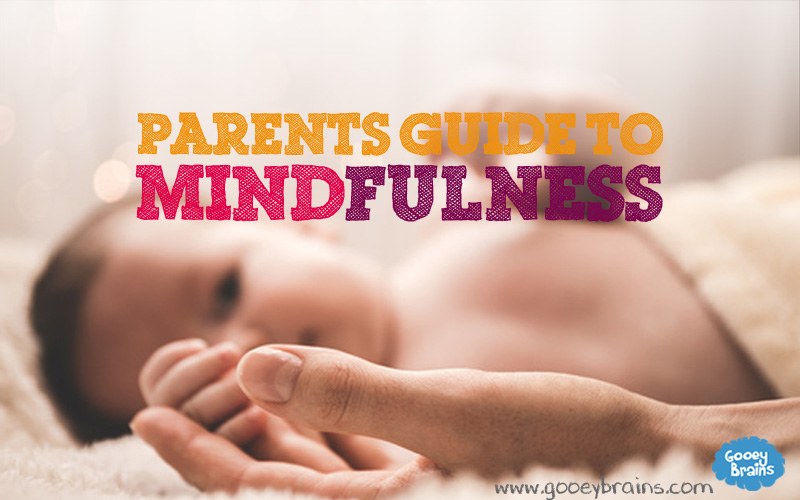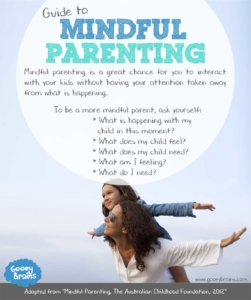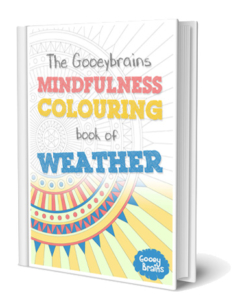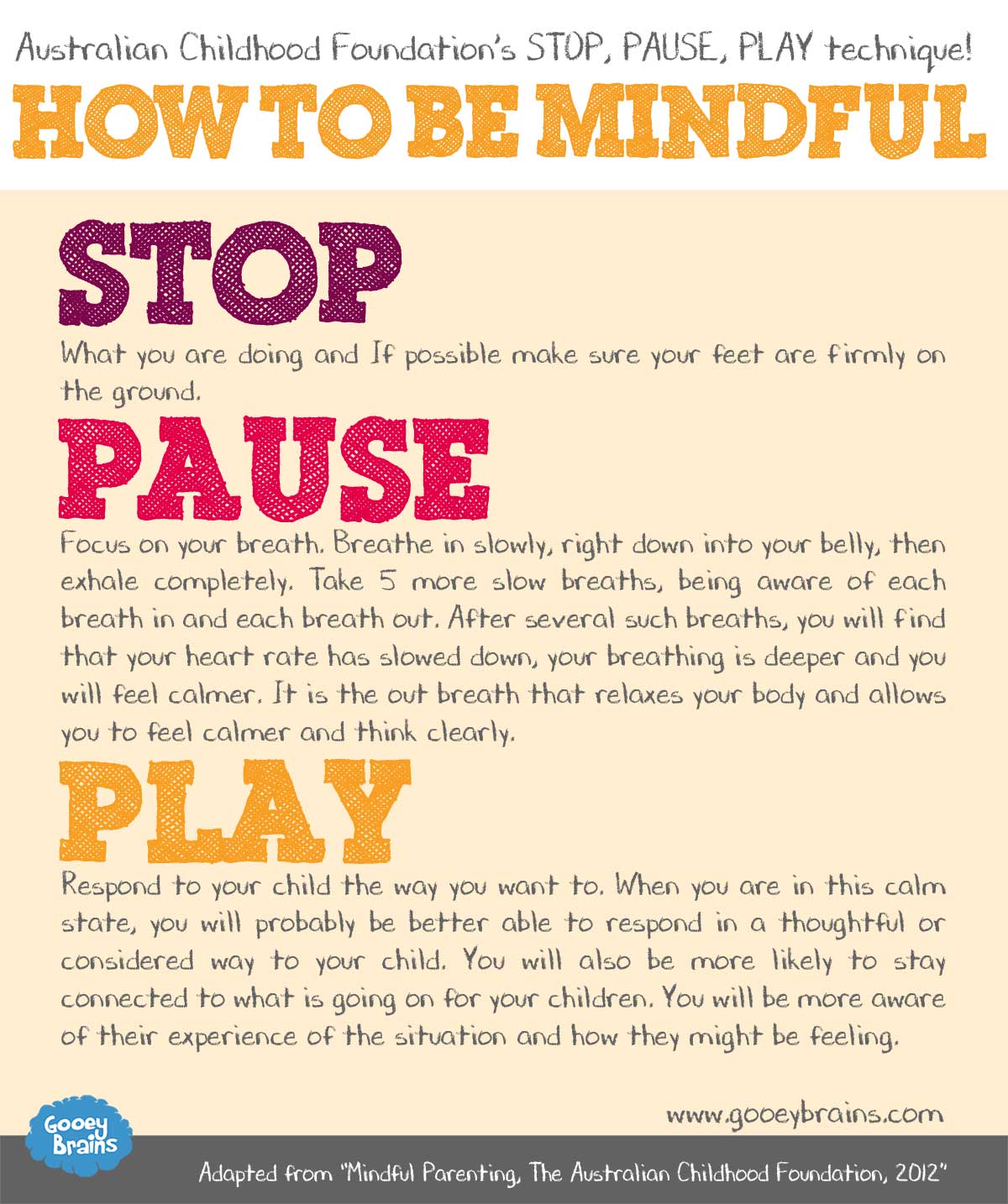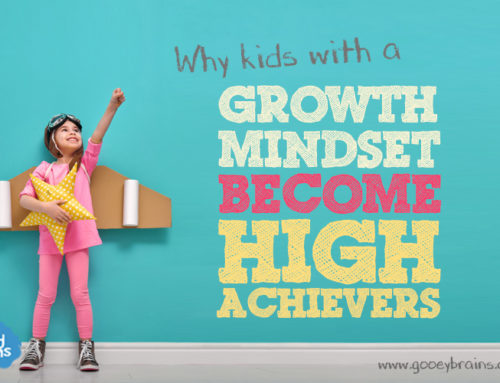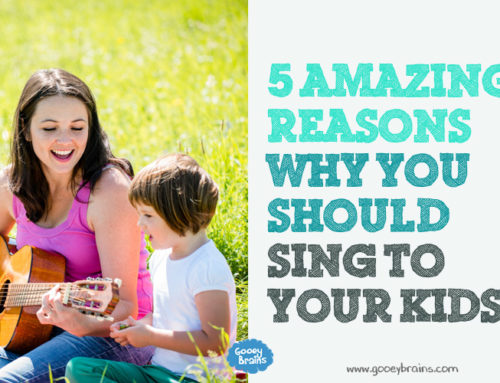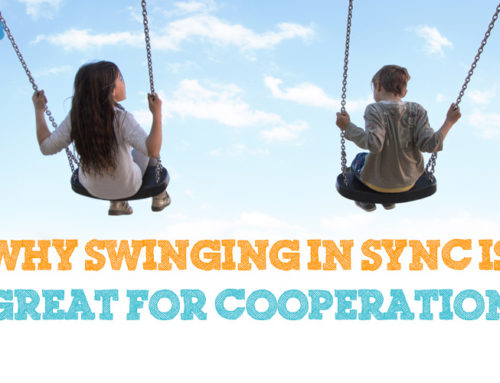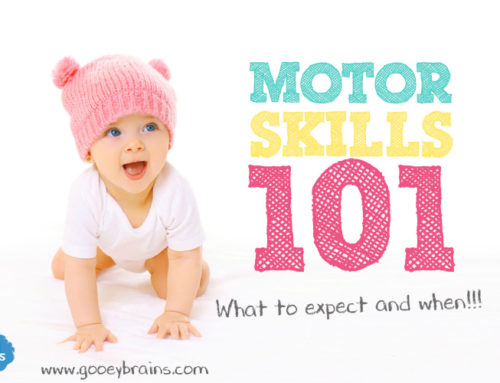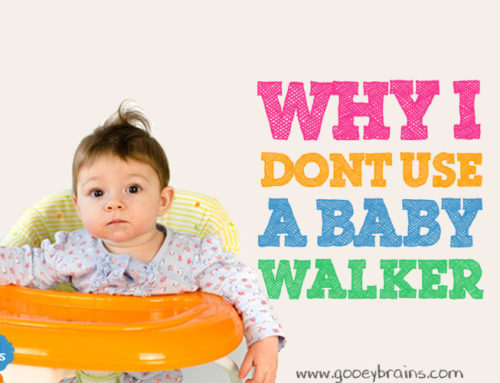What is mindfulness?
Mindfulness is the opposite of ‘tuning out’ or getting your thoughts stuck on the future or the past. It is all about paying attention on what is happening right now in this very moment, and not judging it – just noticing it and letting it be!
How mindfulness helps to nurture the parent child relationship.
You can build stronger relationships with your kids by practicing mindfulness and also by teaching them these skills from a young age. Children learn a lot about themselves by the way adults communicate with them. They need us to be both physically and mentally present at these times of communication.
Sometimes as busy parents it is easy to get caught up in our thoughts and other life distractions and not act in a mindful way. At these times we may find ourselves worrying about future events, whether it be a presentation at work or even what will be prepared for dinner. We also may find ourselves reprocessing things from the past or even just tuning out to what is happening around us. It is really normal to experience these things! The problem is, if we parent in this manner too often it impacts the relationship that we have with our kids. Our children start to view us as inattentive, not understanding of their needs, and not reliable sources of safety when we always seem pre-occupied mentally.
So, does this mean we have to learn to be one hundred percent present and mindful at all times? Of course not, and for the majority of us this would be unachievable. What we can do is learn to have the skills to maintain mindful communication at important times and during connecting experiences. When you master these skills you will see your child thrive and your relationship grow.
To be mindful in the moment and attentive to your child’s needs is harder now than ever before. The modern parent finds themselves in a world full of distractions. We now live and communicate heavily through the social media and on our mobile devices. It’s important to make sure we don’t break conversations with our kids when prompts or messages appear on our technology. What might seem to be a trivial conversation for you could be important one for your child. You might think that you are quite capable of multi-tasking, by reading your screen while listening to your child…but what they see is a parent who is not fully engaged with them. We want our children to learn that being engaged and present with them is one of our priorities, and that they are important enough to sustain our attention for a period of time.
The Australian Childhood Foundation explains that mindful parenting is a great chance for you to interact with your kids without having your attention taken away from what is happening. They list several benefits to learning how to parent mindfully:
- You become more aware of your feelings and thoughts
- You become more aware and responsive of your child’s needs, thoughts and feelings
- You become better at regulating your emotions
- You become less critical of yourself and your child
- You become better at standing back from situations and avoiding impulsive reactions
You can become a more mindful parent by asking yourself:
- What is happening with my child in this moment?
- What does my child feel?
- What does my child need?
- What am I feeling?
- What do I need?
Can mindful parenting help me to be more calm?
Many parents ask what are some of the tricks to keeping your cool when interacting with children. When you are calm, you are better equipped to respond to your child’s need rather than just reacting to their behaviour. Mindfulness is a great tool to help you to improve this ability! When you practice mindfulness you have the ability to pause in a situation and observe what is happening without judgment. You are then more likely to use the logical part of your brain to respond rather than the emotional part that tends to react out of frustration and stress. As a calm parent you may be more likely to see the reasons behind your child’s behaviours (although you still may not agree with or like these reasons!). This will allow you to start to see the child’s need that drives the behaviour and gives you more flexible ways of responding to your child that may assist in behavioural change.
So How Exactly Can We Learn How To Be Mindful?
-
Try a breathing exercise. Concentrating on your breathing allows you to pause your mind and refocus on the here and now.
-
Download a mindfulness meditation script, or a mindfulness app. Smiling Mind is a great place to start.
-
Have a go at grounding! For example, lay on your back outdoors and notice all of your senses. Name what you can hear, feel, taste, touch and smell. Notice the breeze, feel the pull of gravity pressing your body to the ground and look all around you to what you can see.
- Have fun! The more fun that you are having, the easier you will find it to stay in the moment. Play is very important to mindful parenting, and it is okay if you are having just as much fun as your children.
-
Try some mindful colouring-in. These fun colouring sheets are right on trend at the moment, and are known to also reduce stress! There are plenty of colouring books on the market, but you can start by downloading some of our free ones here.
Or, you can try the Australian Childhood Foundation’s STOP, PAUSE, PLAY technique!
1. STOP: what you are doing and If possible make sure your feet are firmly on the ground.
2. PAUSE: focus on your breath. Breathe in slowly, right down into your belly, then exhale completely. Take 5 more slow breaths, being aware of each breath in and each breath out. After several such breaths, you will find that your heart rate has slowed down, your breathing is deeper and you will feel calmer. It is the out breath that relaxes your body and allows you to feel calmer and think clearly.
3. PLAY: Respond to your child the way you want to. When you are in this calm state, you will probably be better able to respond in a thoughtful or considered way to your child. You will also be more likely to stay connected to what is going on for your children. You will be more aware of their experience of the situation and how they might be feeling.
Parenting from the Inside Out, Siegel and Hartzell, 2003.’
Mindful Parenting, The Australian Childhood Foundation, 2012

